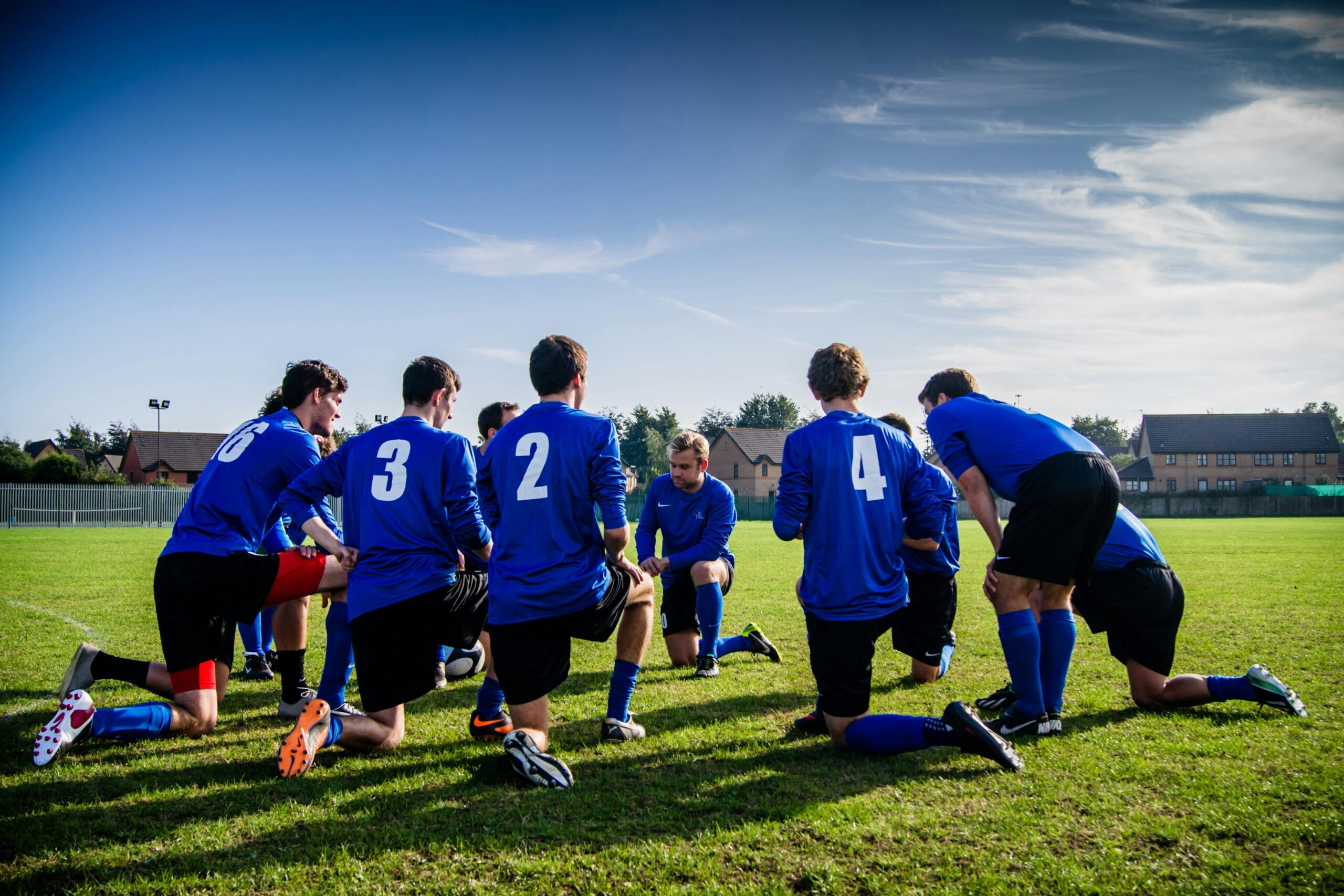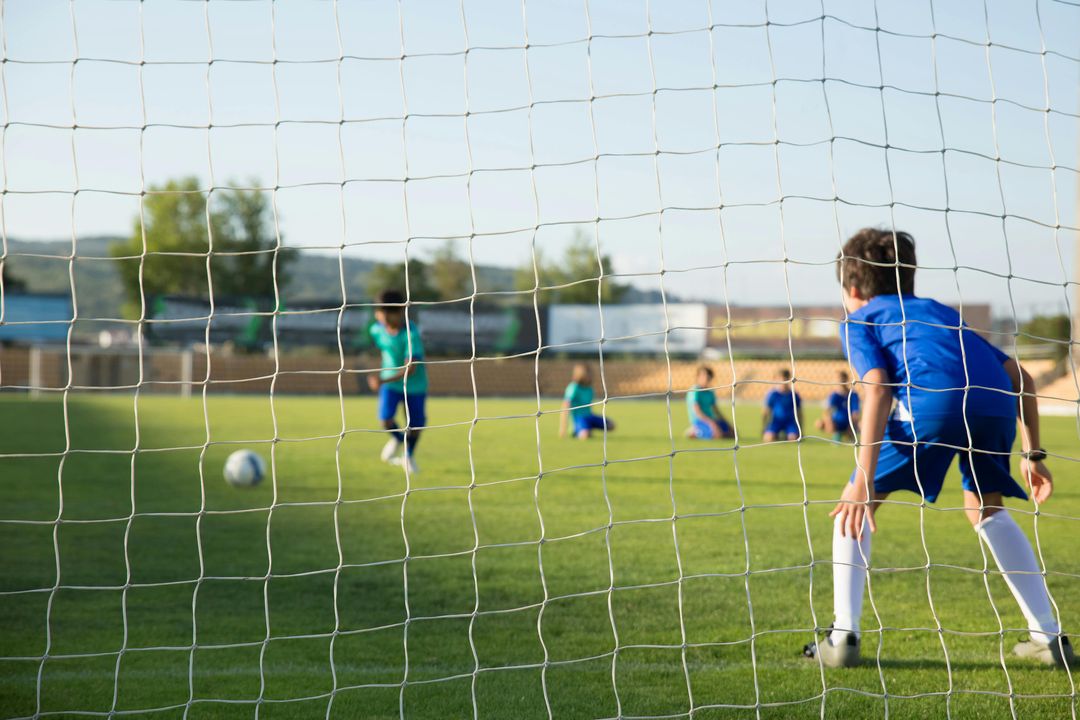PPA COVER: A COMPREHENSIVE GUIDE
In the world of education, maintaining high standards of teaching while ensuring teachers’ well-being is paramount. Planning, Preparation, and Assessment (PPA) cover is a strategic solution that addresses both these aspects. This article explores the importance of PPA cover and highlights why choosing the right provider, such as the Kick Out Club, can make a significant difference.
WHAT IS PPA COVER?
PPA cover is the time allocated to teachers during their working week to plan lessons, prepare teaching materials, and assess students’ work. This time is crucial as it allows teachers to focus on delivering high-quality education without being overwhelmed by administrative tasks. PPA cover ensures that teachers have the opportunity to enhance their teaching effectiveness, ultimately benefiting the students.
THE IMPORTANCE OF PPA COVER
Enhancing Teaching Quality
With dedicated time for planning and preparation, teachers can design more engaging and effective lessons. This leads to improved student learning outcomes and a more stimulating classroom environment.
Reducing Teacher Burnout
Teaching can be a demanding profession, and without adequate time for preparation and assessment, teachers can quickly become overwhelmed. PPA cover helps reduce stress and burnout by providing teachers with the necessary time to manage their workload effectively.
Supporting Professional Development
PPA time can also be used for professional development activities, such as attending training sessions or collaborating with colleagues. This continuous learning helps teachers stay updated with the latest educational practices and techniques.
CHOOSING THE RIGHT PPA COVER PROVIDER
Selecting the right PPA cover provider is crucial to ensure that the allocated time is used effectively and that students continue to receive high-quality instruction. Here are some factors to consider when choosing a provider:
Experienced Staff
Look for providers that employ experienced and qualified educators who can seamlessly integrate into your school’s environment and maintain teaching standards.
Flexibility
The provider should offer flexible solutions tailored to your school’s specific needs. This includes accommodating different subjects, year groups, and scheduling requirements.
Reliability
A reliable PPA cover provider ensures consistent and uninterrupted teaching, even in cases of unexpected teacher absences or last-minute changes.
WHY CHOOSE THE KICK OUT CLUB?
When it comes to PPA cover, the Kick Out Club stands out for several reasons:
Expertise and Experience
The Kick Out Club has a team of highly experienced and qualified educators who understand the unique challenges of the classroom. Their expertise ensures that your students receive uninterrupted, high-quality education during PPA time.
Tailored Solutions
The Kick Out Club offers bespoke PPA cover solutions that are tailored to meet the specific needs of your school. Whether you need cover for a particular subject, year group, or timetable, they can provide flexible and customised options.
Commitment to Quality
The Kick Out Club is dedicated to maintaining the highest standards of teaching. They ensure that their staff are not only well-qualified but also continuously trained to stay updated with the latest educational trends and practices.
Reliable and Consistent Service
Reliability is a cornerstone of the Kick Out Club’s service. They guarantee consistent and dependable PPA cover, ensuring that there are no disruptions to your students’ learning experience.
Comprehensive Support
Beyond just providing PPA cover, the Kick Out Club offers comprehensive support to schools. This includes regular feedback, performance monitoring, and ongoing communication to ensure that their services align with your school’s goals and standards.
CONCLUSION
Choosing the right PPA cover provider is essential for maintaining teaching quality and supporting teacher well-being. The Kick Out Club excels in providing expert, tailored, and reliable PPA cover solutions that can significantly benefit your school. With their commitment to quality and comprehensive support, the Kick Out Club is the ideal choice for schools looking to enhance their educational provision while ensuring teachers have the time they need to plan, prepare, and assess effectively.







